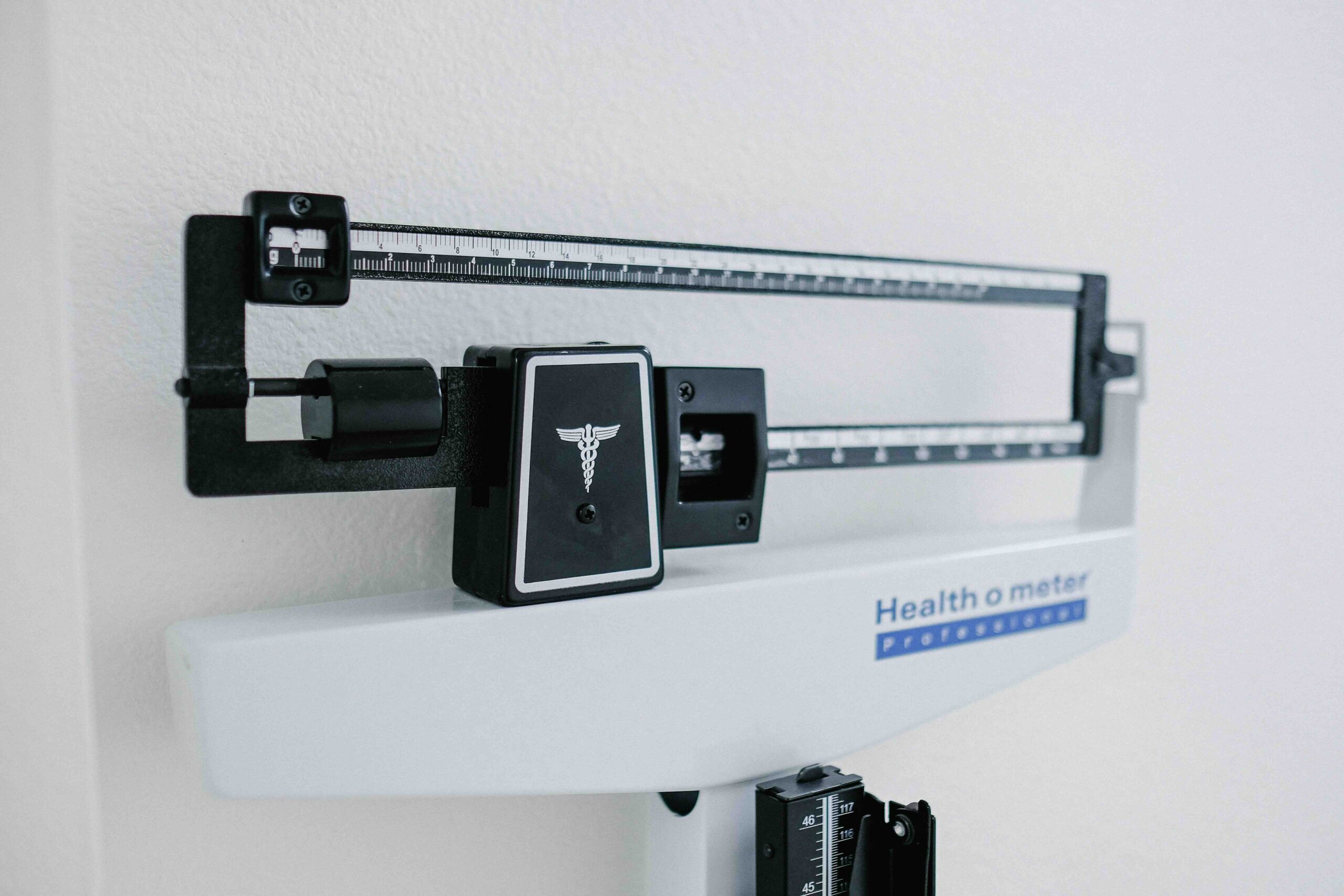Are certain people simply predisposed to gaining weight more than others, or is it a lifestyle choice?
It’s 2014 and I am in the old, original 360 Fitness Club on the 13th floor of the Strata 100 tower in Ortigas Center. With me is a client who I’ve been working with for a year now. He gingerly steps up to the scale. It’s our weigh-in, which we do every week. I smile as I read the number to him and his personal assistant and security detail who always accompanies him.
He’s down 120 pounds since we started.
Everyone cheers. This is a huge milestone for the team that has been working on getting him to shed the weight. He was at 330lbs when we started and now he is at 210. At 6 foot 2, that’s a pretty respectable weight to be in already, given also that he has packed some muscle as well. I text his mom and she is elated.
How did we get here? It’s a cliche, but it boils down to three things: discipline, consistency, and strategy.
We met each other four to five times a week in the gym or at his home gym. We fixed his eating habits with little changes here and there, one of which was actually making his plates smaller so that it didn’t feel like he was eating less. We also made it a point for him to be as mobile as possible on a daily basis, beyond our workouts. Yes, it’s easier said than done, but change is never easy.
He had a choice to make. Follow the program, or stay where he was.
Body type or lifestyle choice?
This leads to an interesting and frankly polarizing topic. Is obesity a choice or are some people just born with a higher predisposition to obesity due to various factors that are beyond their control?
Obesity is a global, multi-cultural, and multi-demographic problem. More than just the excess weight which may affect our bones and joints long term, there are a host of metabolic conditions that can arise from being obese. Hypertension, diabetes, kidney and gut issues, and some cancers have been linked to obesity.

There have been multiple studies done in the search for the “obesity gene.” For years, scientists have been trying to discover if some people simply have a higher chance of gaining weight than others do.
What they found is that yes, there are some genes that have been discovered in several long-term genealogy studies which may lead to people becoming obese in the future.
All over the world, people have been generally getting bigger since we started tracking anthropometrics and body measurements in the 20th century. Along with these studies, certain body types have been developed. You might have heard the terms endomorph, ectomorph, or mesomorph. These are what you call somatotypes which determine what your body frame is and what kind of body composition you are most likely to develop.
Mesomorphs lie in the middle of this spectrum and have a medium body frame. These individuals have efficient metabolisms and are neither on the light nor heavy side most of the time. Ectomorphs have narrow frames and usually have fast metabolisms which make it hard for them to gain weight or muscle. Endomorphs have wide frames which may lead to wide shoulders or hips and may have slower metabolisms which could lead to weight gain.
Most of us lie in between any two of these types while some may be predominantly more than the other. An easy, although not foolproof way to check is by gripping your wrist with your thumb and middle finger. If they touch then you are likely a mesomorph. If they don’t you are likely an endomorph, and if they overlap, you are likely an ectomorph.
Your body type and your genes you cannot choose, we are born with these frames. But — and this is a big one — the biggest factor in weight gain remains to be the person’s environment. And by that, I’m referring to their daily habits, food choices, friends and family, physical activity, and lifestyle.

So we are back to the original question: is obesity a choice?
It’s a nuanced question that has to be asked in an age where everything seems to be simplified to an issue of choice or opinion, to the point that scientific truths are sometimes questioned. And although the very nature of science should be one that’s progressive, some truths endure. Like if you ate fast food for dinner five days a week, your cholesterol, blood pressure, and yes fat percentage are all ultimately bound to go up.
Body positivity is a great thing. But there is a difference between accepting who you and others are and accepting that your health metrics and measurements are a product of that self. We may have been born with a specific body type but it is by no means a life sentence.
You can be happy about where you are and at the same time be cognizant of the fact that obesity does come with a lot of possible health repercussions. And hopefully with that knowledge, aim for health improvements.
This needs to be emphasized. I believe that “body positivity” was initially created not to glorify obesity. It took social media and frankly even mainstream media to divert the messaging into a polarizing one. Body positivity is about inclusion and acceptance. That a body frame does not define a person. It is about having a positive mental attitude towards who and what you are and accepting it wholeheartedly.
All about habits
It does not mean, however, that if you have a negative physical health state, you will accept that as well. Especially if there is something you can do about it.
Which ultimately leads us to what’s important: what can you do about it?
Well, first of all, make sure that your intentions will help you build lasting habits. Do you want to lose weight because of external pressure, or do you want to lose it for your own health and well-being?
Losing weight for the right reasons will lead to less chance of the weight coming back and being in a yo-yo state. It’s also not as simple as cutting back on rice or carbs or even substituting a meal with a shake. A weight loss program has to be sustainable for it to be effective.
These are what you need in your tool kit for sustainable weight loss: a movement plan, food awareness, and a supportive environment.

Movement is quite literally medicine in so many ways. Being sedentary is a fast track to gaining weight and in general, the vast majority of people who live in cities and urban areas need to be moving more than we currently are. Walking more is step one. Engaging in purposeful physical activity like weight training, cardio training, or sports is step two. But again, it has to be something that you can do long-term.
Food awareness is something that shouldn’t be exclusive to dietitians and nutritionists, although we should be getting our information from the right sources which they are. It’s impossible though for them to be with us for all of our meals so we have to know what and how much we should be eating.
There are many apps now that you can use to track this and sometimes, just being aware of your daily goals can help you make better choices.
Finally, the best exercise and nutrition programs cannot survive without a supportive environment. If this means that you have to overhaul your pantry to make sure that sweets and high-calorie snacks are replaced with healthier choices then it has to be done. If it means enrolling in a gym or fitness studio and hiring a coach to keep you in check then do it. If it means sharing with all your friends that you are in a weight loss program and would like to get their support whenever you go out and eat to make sure that you order the right things, then you have to be open to that. If it means spending a day to meal prep so that you can bring your own baon to school or work, then spend that day cooking.
No one said it was going to be easy. But with the right environment in place, it can be easier. Like I said earlier, you’ll need discipline, consistency, and strategy.
In the end, yes, obesity is a choice. We just might not have realized that we were making it. So let’s do ourselves a favor, and stop choosing obesity, and start choosing health. Nothing can be more positive than that.
Banner image from AFP.
Related Stories:
Strength Training: The Youth Elixir We Often Forget About
The Runner’s High: How Rockwell Run Club is Transforming Lives One Run at a Time
Gary V’s Personal Trainer Reveals How He Remains Mr. Pure Energy at 60 Years Young
